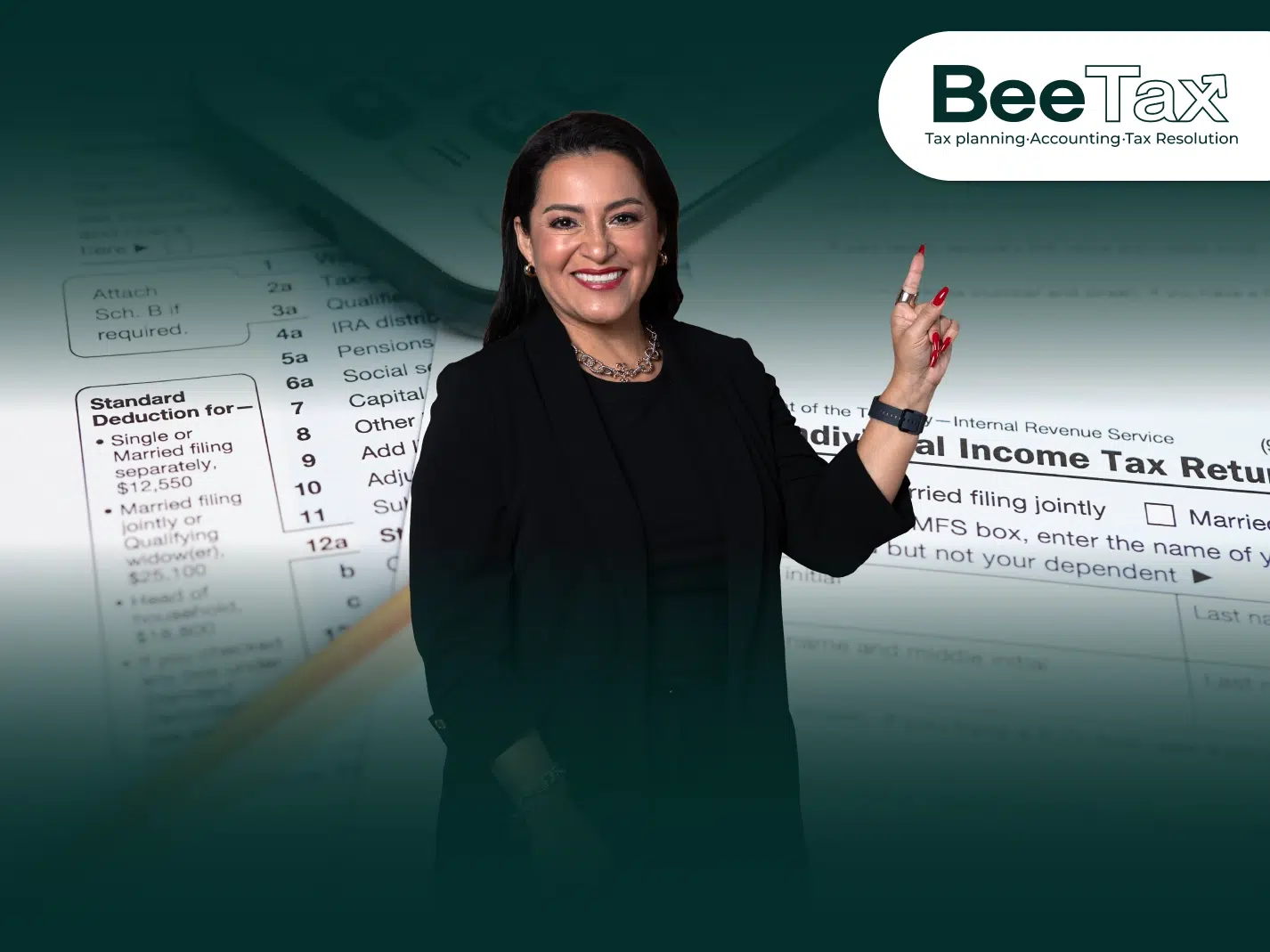Year after year the number of Hispanic immigrants has increased notably in the states of North Carolina and South Carolina.
This region, which long ago did not stand out precisely for having a representative Hispanic community, has gradually become an attractive destination for those who, like you, are looking for new opportunities in the United States, especially in areas such as construction, manufacturing, or food.
However, and despite the openness of the local community towards immigration, the challenges for us Hispanics in the Carolinas continue to be important, and much more if it is about being able to fulfill our dreams in a place far from our roots.
There are many barriers that, as Hispanic immigrants, we face in the daily life of a new life, problems that make our adaptation and development, both professional and personal, a more complex path than we thought.
For this reason, we want to highlight the 3 main barriers that Latinos who have moved to the Carolinas face, with the aim of sharing multiple solutions, thanks to resources and tools that we want to share with you.
1. Language Barrier
Communicating is the most important thing and not doing so is crazy, our life is unthinkable without being able to interact with anyone because of the language. Imagine: communicating with your boss, requesting a health service, shopping, asking for help, claiming something; Anyway, it's your turn to speak, and in the Carolinas, chances are you'll have to do it in Uncle Sam's language.
Immigrating to the Carolinas is not the same as migrating to other states in the country, you may find access to many bilingual services in cities with a larger Hispanic population such as Miami, Los Angeles or New York, but living here you will realize that the reality is very different , your quality of life can greatly increase if you learn to speak English.
So as for each barrier there are opportunities, there are several options to learn the language.
Public Academies
Central Piedmont Community College
The CPCC, in Charlotte, is a public and free option that offers English courses and in which they will not ask you for documents to enter. The classes are entry level for beginners and you will not need to meet any requirements to take them, the only exception is not being in the country on an F-1 or J-1 visa.
In this way, with the CPCC you can obtain a good base to continue training academically and facilitate your job search or, even, citizenship if it is your case.
Private Academies
Located in Charlotte, Borealis Language Academy offers you group and interactive class options with up to 10 students, as well as private tutoring where you can schedule your own time at your convenience.
In addition, it has some benefits that could be attractive to you: the first class you take is free and, if you refer friends or family, you can get discounts on your monthly payment for each one of them who register at the academy.
Through this organization focused on immigrant rights, you can also take English courses, from basic (free) to advanced levels; They even offer an English course to obtain citizenship in association with the Charlotte Area Fund, so it is free of charge.
Community Options
In Christian communities you can also find opportunities to learn the language for free and also engage in an experience of socialization and cultural exchange.
The Metrolina Baptist Association with the International Edge Institute offers ESL classes through nine churches in North and South Carolina.
Among other options we have the church United Methodist of Jonesboro or the Episcopal Church of Holy Comforter of Charlotte.
Online Options
If you want to study at your own pace, in which you decide the time to study, there are many online options.
One of them may be the popular Open English platform that has live classes 24/7, native teachers and offers preparation for TOEFL, TOIC, IELTS.
If you prefer, and you are more of a self-taught type, you can always find free options on various Youtube channels. It is only a matter of looking for and trying the video classes that can be very useful, if you know how to organize your study plan. Here we share some:
– Speak English With Misterduncan
– Real English
– VOA Learning English
– BBC Learning English
2. Access to the Health System
The health insurance system in the United States may seem complex to you, there are an infinite number of classifications with coverage and requirements that are different from each other; but medical costs and, of course, your health and safety, make finding good insurance according to your needs a priority.
It is important that you be clear about whether you are looking for individual complementary health insurance or family health insurance, as well as if you want health insurance without co-payments or temporary health insurance, among many other options.
Most health plans, whether public or private, cover a wide range of medical expenses. In any case, there will be an agreement that will stipulate whether the insurance company will pay all or a percentage of your medical care expenses.
So, this insurance that you choose will take care of covering treatments, medications, medical appointments, exams and more.
What Types of Insurance Are There?
There are two health insurance systems: private and public.
private
In private health insurance you will find a wide variety of plans with greater coverage compared to public options, and also with variable costs.
If you get private insurance, you can receive medical care in private hospitals, keep track of your health and that of your family, and even cover medicines, dental problems, and more.
Public
In the public system you will find Medicaid, Medicare, and CHIP (the health insurance program for children under 19). These can have a low price or even become free.
In North Carolina, Medicaid is funded by federal, state, and county governments and is available to low-income adults, children, seniors, and people with disabilities.
Please note that to be eligible for Medicaid, you must meet income requirements, be a United States citizen or have eligible immigration status, live in North Carolina, and have or applied for a Social Security card.
You can apply for Medicaid at the Department of Social Services in the county where you live. You can learn more about Medicaid here: NC Department of Health and Human Services Division of Medical Assistance
On the other hand, Medicare is a federal and state basic medical service program. This service covers people over 65 years of age, people with disabilities and/or terminal illnesses. The program has 4 types of coverage: hospitalization coverage, medical care coverage, outpatient services and medication coverage, and the Medicare Advantage plan, which allows private plans.
For personalized help in NC you can contact Seniors' Health Insurance Information Program (SHIIP).
Remember to take into account some recommendations when choosing:
– Cotiza y compara.
– Consulta fuentes confiables de información, como el Better Business Bureau.
– Consulta revistas especializadas o grupos de consumidores.
– Asegúrate de contratar con una compañía acreditada. (https://www.cuidadodesalud.gov/es/)
– Verifica los especialistas que participan en el plan de salud de tu interés para evitar sorpresas.
To consider
The NC State Health Plan (North Carolina Health Plan for Teachers and State Employees) has individual health insurance that is available to those who work for themselves or to those who work for companies that do not offer health insurance.
If you do not meet the requirements to obtain medical insurance in the United States, keep in mind that if you have an emergency, you can always go to an emergency room at one of the hospitals in the city's health system, in where regardless of your legal status they will provide you with medical care.
In hospitals they will not ask you for any requirements, nor will they call anyone, they will only attend to your needs and give you comfortable payment options.
3. Access to Dignified and Stable Work Options
We know that when you move, many times the conditions are not the best: you do not know the language, you do not have friends or acquaintances who give you recommendations, you do not have a car, among other factors, this can limit your access to new opportunities.
This is where the creativity of Hispanics and technology play an important role:
- Facebook: in recent years several Facebook groups have been created where job offers are published daily. Many of these are temporary jobs, but everything is valid if we want to get ahead. Just by doing a search with “work in Charlotte NC”, you will see several options of groups with job offers, as well as pages on the social network.
- There are also local organizations like the Latin American Coalition or the Charlotte Latino Chamber of Commerce, where they have job banks where job options are constantly being posted. https://latinamericancoalition.org
- Another option is to go to a staffing agency or employment exchange, companies that always have temporary job opportunities and that may turn out to be a good opportunity to get a job. Among the best known in the Hispanic community of Charlotte, we can find Latin Labor Y Legacy staffing.
- The old trick of the classifieds in the local newspapers is also valid, such as Hola Noticias, Progreso Hispano or La Noticia, where there are always job opportunities that may interest you. It's just a matter of keeping an eye on their updates.
In summary, we want you to keep in mind that for any barrier there will always be many solutions and opportunities, and that you are not alone! You are not the only one in these, there are many Hispanics like you who have gone through (or are going through) similar situations; and yet, we can get ahead and succeed with the same tenacity with which we immigrated to the USA. We are united in this and we are going to make it!





